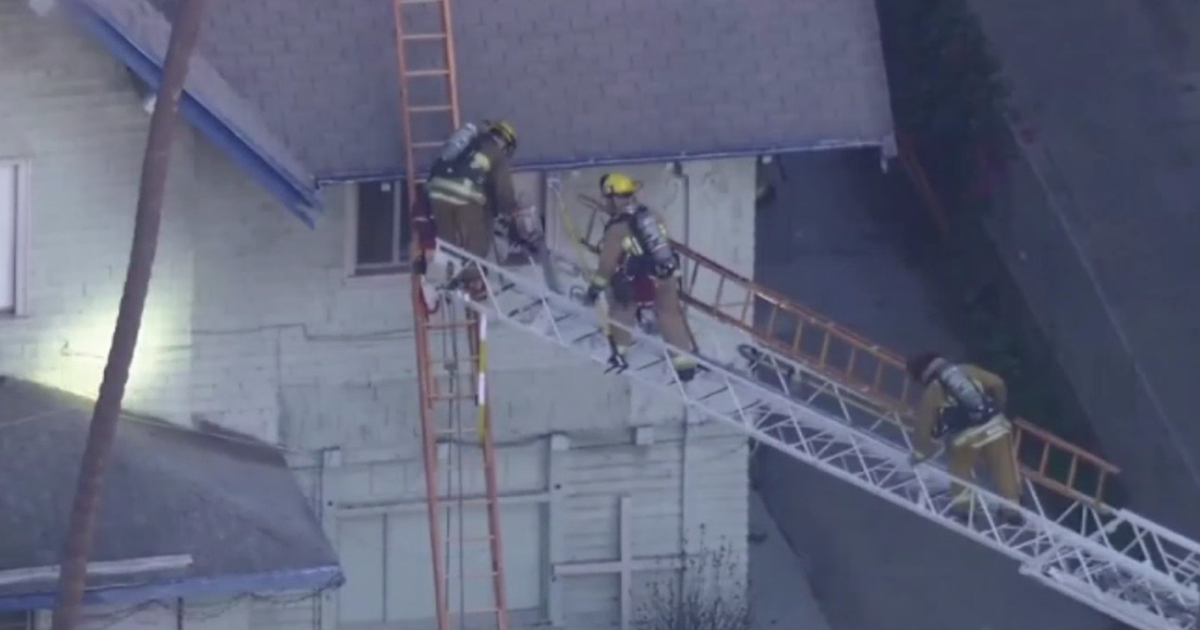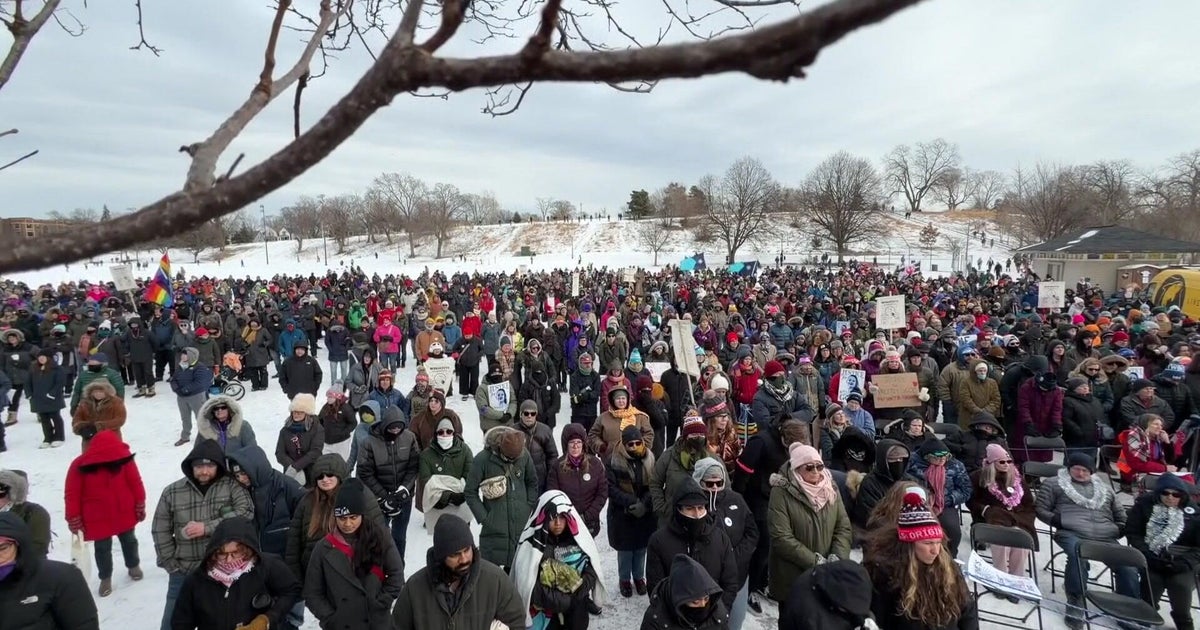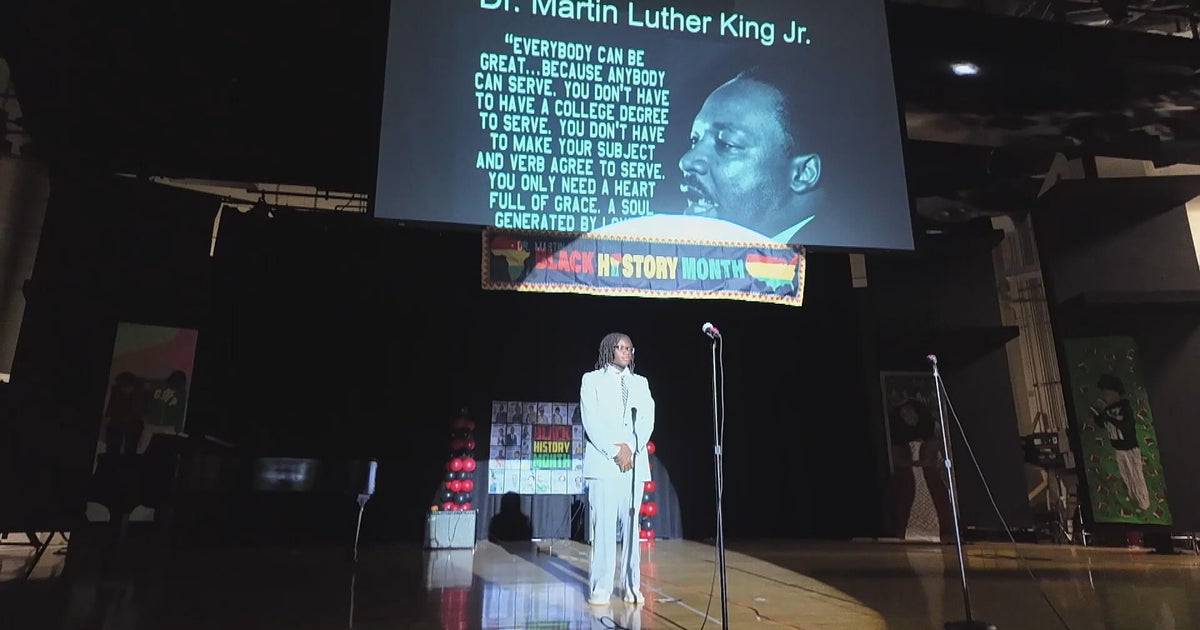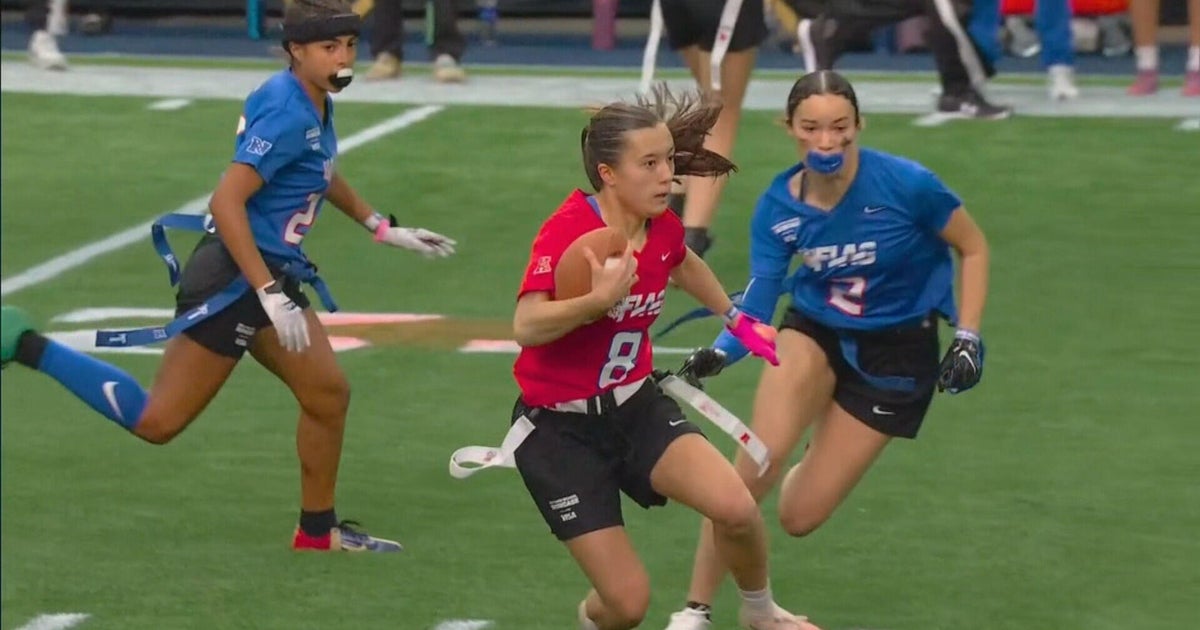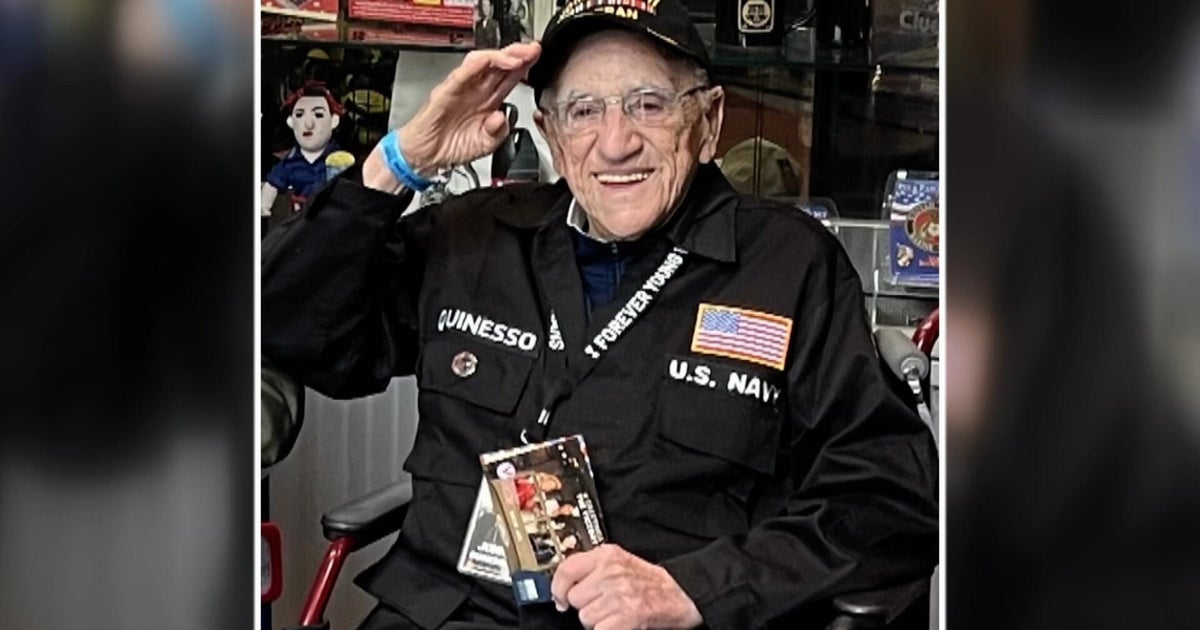Arlington Park
The history of Arlington Park spans more than 80 years of struggles and successes. Described as "the most beautiful track in America", Arlington began Thoroughbred racing on October 13, 1927, when more than 20,000 fans braved the cold weather to celebrate the event in high style. Jockey Joe Bollero guided Luxembourg to victory in the first race ever at Arlington.
The track went on to survive the Great Depression and World War II, and later flourished during the Golden Era of Racing. In 1981, Arlington played host to the world's first million dollar race: The Arlington Million. The result of that race is immortalized in bronze at the top of the Paddock, where the "Against All Odds" statue of jockey Bill Shoemaker riding John Henry to a thrilling come-from-behind victory over 40-1 longshot The Bart celebrates Thoroughbred racing's inaugural million dollar race.
Arlington entered a new era when Richard L. Duchossois led an Illinois investment group in purchasing the track from its former owners and pledging to continue to present championship racing. That commitment was tested in 1985, a season of tragedy and transition for Arlington. In the early morning hours of July 31, a small fire eventually raged out of control and spread through the Grandstand, completely destroying the facility. With the future of Arlington in doubt, the meet was shifted to Hawthorne and it was announced that the Arlington Million would take place at Arlington on August 25, using tents and temporary bleachers.
In a massive undertaking of human strength and will, crews worked around the clock to prepare the track in time for the fifth Million, appropriately known as the "Miracle Million." More than 35,000 fans watched as Great Britain's Teleprompter defeated Greinton by less than a length to win the Million. The super-human efforts of the entire Arlington team were recognized with a well-deserved Eclipse Award, the first ever awarded to a racetrack.
The following season, in 1986, Arlington conducted a 13-day International Festival of Racing in late August and early September. Under the same basic theme of pageantry that characterized the 1985 Million, the Festival offered the most complete package of events, festivity and world class racing ever presented in a two-week time span. More than $5 million in purses were awarded. The country's finest jockeys, trainers, horses and owners gathered for this 13-day meet. Later that year, Duchossois bought out partners Joseph F. Joyce, Sheldon Robbins and Ralph Ross to assume full control of Arlington.
In 1988, the running of Million VIII occurred at Woodbine Racecourse outside of Toronto, Ontario while construction of the new Arlington International Racecourse was underway. This marked the first time a major graded stakes race was moved from one country to another.
Construction of the new six-story Grandstand began in September 1987 and was completed in a record 19 months. Arlington re-opened on June 28, 1989, with a new name and a new concept in Thoroughbred racing. Under the innovative leadership of Duchossois, Arlington International Racecourse dedicated itself to the concept of family entertainment. During the ensuing years, it has created a new generation of racing fans with an aggressive marketing program and an overriding emphasis on guest satisfaction and service.
Arlington has invested heavily in the future of racing, but the tradition associated with its glorious past will always be special. World class jockeys, trainers and Thoroughbreds have graced this track throughout the decades. On July 13, 1996, Cigar came to Arlington to win his 16th consecutive race to tie Citation's modern day record. On a perfect summer day, more than 34,000 people jammed Arlington to see the reigning Horse of the Year blaze his way into the record books.
Merging with Churchill Downs Incorporated in 2000. Arlington Park continues to be a leader in Thoroughbred horse racing.
In 2002, Arlington Park hosted a sold out crowd of 46,118 for the 2002 Breeders' Cup World Thoroughbred Championships, which came to the Midwest for the first time in its history.
Five years later, Arlington Park became the first Midwest track to install a synthetic racing surface when the state of the art Polytrack surface was unveiled for the 2007 race meeting.
